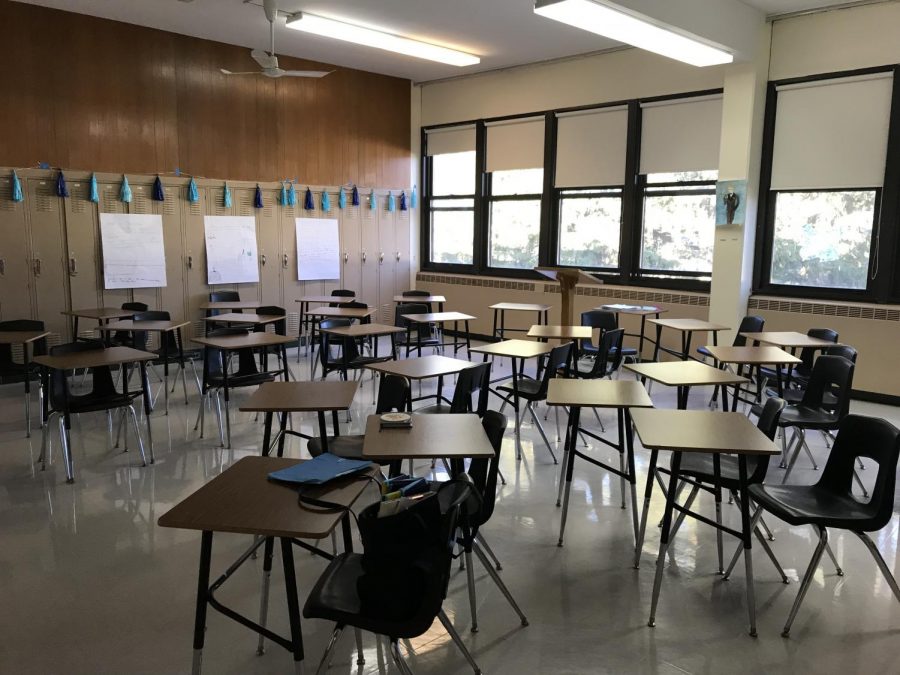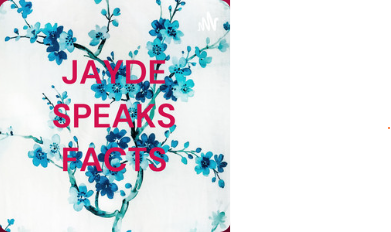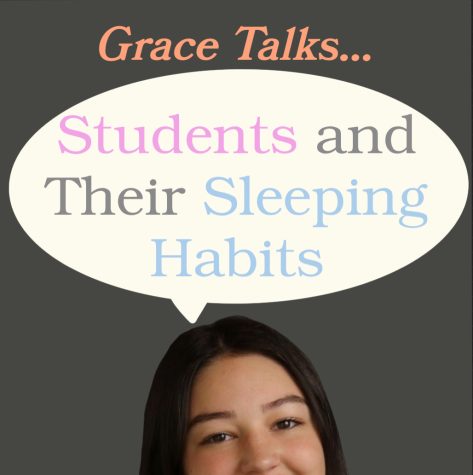Teacher Favoritism Is Not Fair To Other Students
Photo Credit/ Photo Credit/Holly Shero
Every student who has sat in a classroom, whether it be an elementary, high school, or university has probably had an experience with a teacher who shows favoritism to a few select students.
According to a a University of California Los Angeles study, “favoritism is defined as the act of giving preferential treatment to someone or something such as characteristics they possess, or their personal contacts, or merely out of personal preferences.”
According to an article in Teaching and Teacher Education, “teacher expectations and judgements related to student achievements” often play a key role in how a teacher perceives a certain student.
In my personal experience, I have seen teachers favor students at the expense of other students. Teachers will specifically pick out certain students they think are “trouble” or they go to the other extreme and pity certain students who have not turned in their school work on time due to a variety of reasons. I don’t know if some teachers even realize they are doing it, but, for students, it is easy to pick out when a teacher is being biased.
According to Scholastic, “most teachers have no intention of treating kids differently…but sometimes subtle differences make their way into classroom practices.”
I think it is okay for a teacher to have a favorite student or student a teacher may like more than others. On the other hand, teachers may degrade a student, which is unfair. I have seen teachers single out students who don’t keep up with their work or don’t show up to school. I think that’s unfair because teachers don’t know what students are going through outside of school.
Teachers may not understand how stressful school can be and how hard it is to keep up with homework and still have a social life. Although it is important to do homework and keep grades up, it can be really hard to consistently follow through every single day. At a small school, it also makes it harder when you try to do a good job on your work; yet, teachers bring up how you used to do poorly in previous years. You are labeled as a lazy student and in a small school that label is hard to dispel.
Something else that I have experienced is grading unfairness. Even before Regina’s late work policy was instituted, I have turned my work in on time, and a student who turns in their work extremely late either gets the same grade as me or better. This is something that belittles my hard work and my desire to get the work in on time. As I said earlier, all students have personal issues going on. So, when someone uses that as an excuse and teachers agree, it feel truly unfair to the many students who work hard to get their work done.
Teachers need to realize that over the course of their high school years, students grow, mature, and understand working hard to learn and achieve good grades. It would be helpful if teachers could be consistent with the way they treat every one of their students.
In the Scholastic article, solutions are provided as teacher Luanne Nelson said, “It’s hard not to show favoritism. So my goal has become to have every child believe that he or she is my favorite.”











Margaret Clancy • Nov 23, 2021 at 10:55 pm
Love it!